When giving first aid to someone having a seizure or epilepsy, avoid holding their limbs, do not squeeze lemon into their mouth, loosen their clothing, and move dangerous objects away.
Epilepsy is a chronic neurological disease caused by abnormalities in the brain that lead to simultaneous stimulation of a group of neurons in the cerebral cortex, causing sudden and uncontrollable electrical discharges. Stimulation of the cerebral cortex in different areas leads to manifestations such as convulsions, sudden absences of consciousness, stiff limbs...
There are many risk factors for epilepsy including genetics, traumatic brain injury, stroke, brain tumors, encephalitis, meningitis. Fetuses with prenatal trauma due to maternal infection, malnutrition, abuse of antidepressants, stimulants such as alcohol, tobacco and drugs have a high risk of epilepsy.
Dr. Vo Don, Department of Neurology, Center for Neuroscience , Tam Anh General Hospital, Ho Chi Minh City, said that there are still many people who do not understand epilepsy correctly, causing improper first aid for patients. Below are some notes when giving first aid to patients with seizures and epilepsy.
- Do not press or try to keep the patient's limbs still when having a seizure.
- Do not put any objects in the mouth. If the patient bites his lips or tongue during the seizure, the doctor will treat him when he gets to the hospital.
- Do not squeeze lemon into the patient's mouth or force the patient to take medicine or drink water until fully awake.
- Move potentially dangerous objects away to avoid injury to the patient during convulsions or loss of control.
- Place a thin, soft pillow under the head, turn the epileptic person to lie on one side and loosen the collar, tie, and belt. Use a soft towel to wipe away saliva or vomit (if any).
- Record the time the seizure occurs. If possible, record it for your doctor to see.
According to Dr. Don, an epileptic seizure usually lasts for 1-2 minutes and then stops on its own. When the seizure stops, relatives should check to make sure the patient is breathing normally again.
Patients who have had a seizure but have not been previously diagnosed with epilepsy should be taken to the hospital immediately. Other cases that require early hospitalisation include epilepsy during pregnancy, diabetes or injury during the seizure.
Seizures lasting more than 5 minutes or a second seizure occurring immediately after the first one ended, the patient not breathing normally, complaining of pain or not waking up after the seizure also require early hospitalization.
Dung Nguyen
| Readers ask questions about neurological diseases here for doctors to answer |
Source link






![[Photo] Dan Mountain Ginseng, a precious gift from nature to Kinh Bac land](/_next/image?url=https%3A%2F%2Fvphoto.vietnam.vn%2Fthumb%2F1200x675%2Fvietnam%2Fresource%2FIMAGE%2F2025%2F11%2F30%2F1764493588163_ndo_br_anh-longform-jpg.webp&w=3840&q=75)



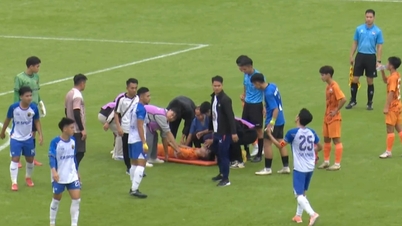





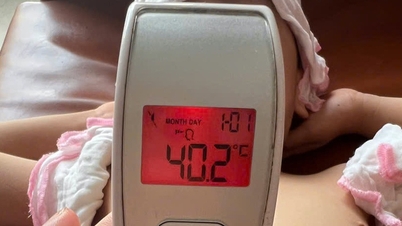



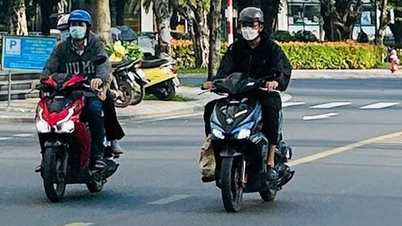

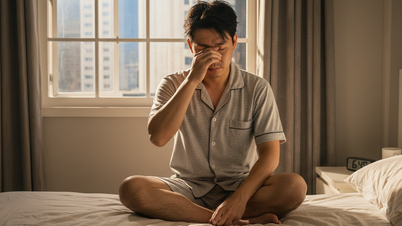
























































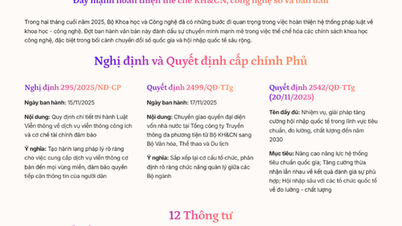










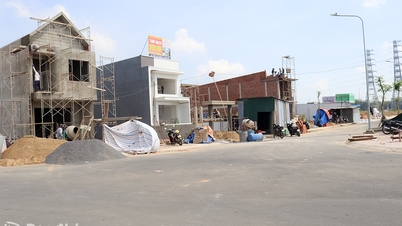

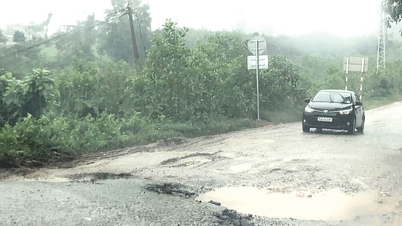














Comment (0)